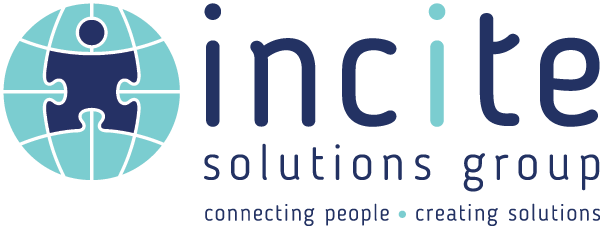Getting and keeping the job
Congratulations on finding that job you have been striving for, all the effort, sacrifice and changes you have been through have got you to this point and its time to enjoy the fruits of your labour. We hope that this period of time leads to a personally inspiring, successful and productive step towards your key life goals.
Sometimes when people get to this point, unforeseen problems can arise, at Incite Solutions Group your Rehabilitation Consultants and the Employment Services Team are always available for a quick chat if you run into any problems within the workplace.
With this in mind we’ve included some helpful tips and routine management techniques to help with getting the most out of your employment and whilst managing your personal priorities .
YOUR ROUTINE
The first 1-2 hours after you awake are crucial on any work day. Your morning routine could actually be draining efficiency from your day.
A messy morning routine can cause two issues. Firstly we may be losing time in the morning by not preparing effectively for the day ahead. Secondly, different things we include in our morning routine can either start us off on the right foot, or negatively impact on the rest of the day, if you are running around last minute, not eating breakfast or sleeping in till the last second this is more likely to lead to heightened stress and a less productive day.

Most digital calendars have reminders on them which go off fifteen minutes before an appointment. If not, your phone will most likely have a reminders feature.

MAKING THE JOB WORK
We all want our jobs to be fantastically enjoyable and also to be good at them, however this isn’t always the case. We’ve included some tips below if you ever find yourself struggling a touch with current employment, remember your Rehabilitation Consultant and the Employment Services Team are just a phone call away.
Try and Make the Job Work Is there anything you could be doing differently to make the job work? Could you ask for a transfer or a shift change? Is there anything that would make a difference and convince you to stay?
Should a personal issue be the cause of your lateness, speak with your boss to explain the situation. Ask if they would allow you to stay late to make up for lost time until you resolve the issue. Most employers will sympathise and be flexible if the matter is serious enough.
Offer to Help One of the best ways to get (or keep) job security is to volunteer for new initiatives, to offer to help with projects, and to take on more responsibility. Doing so will also benefit you – the more you take on tasks outside of your comfort zone, the more you will learn and grow.
